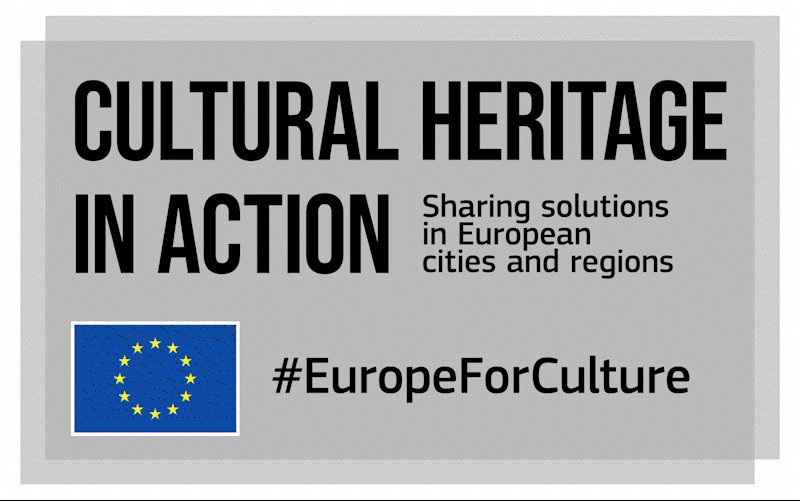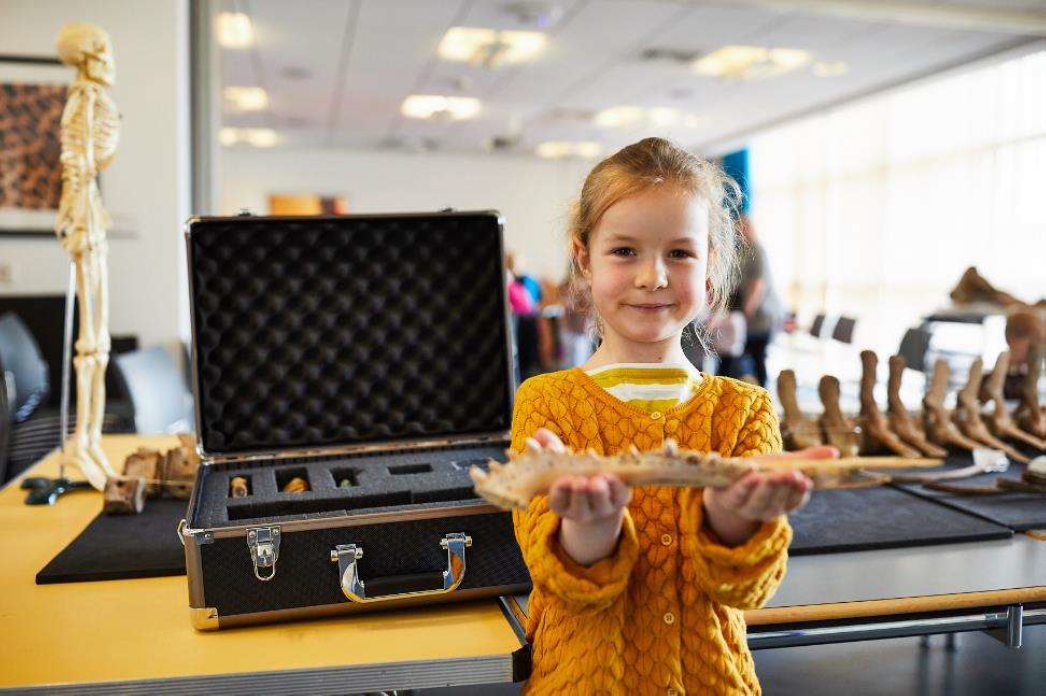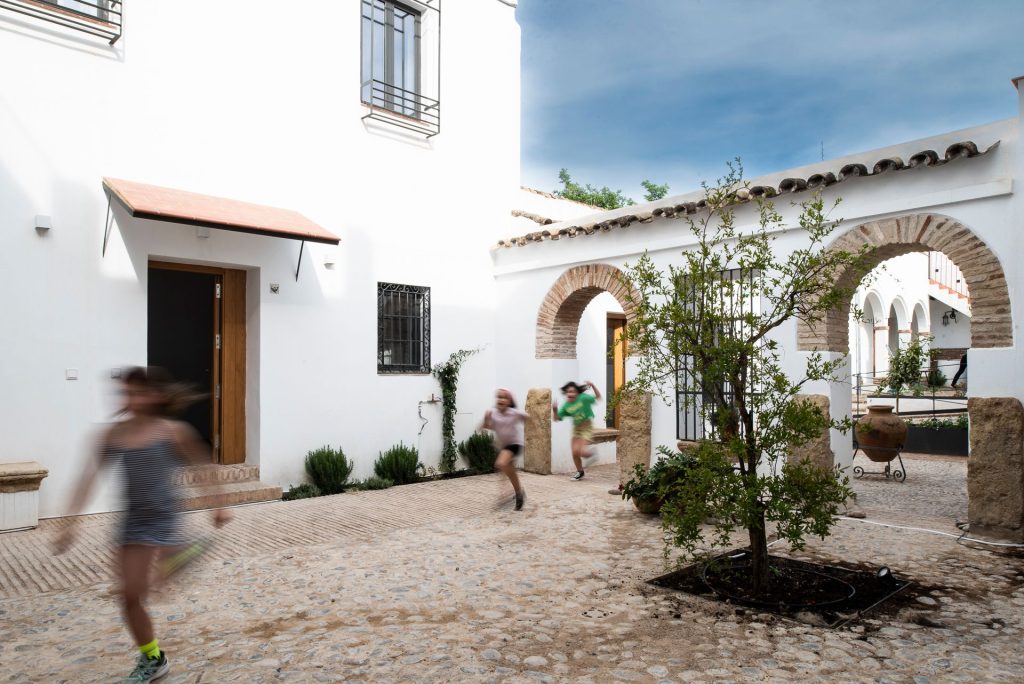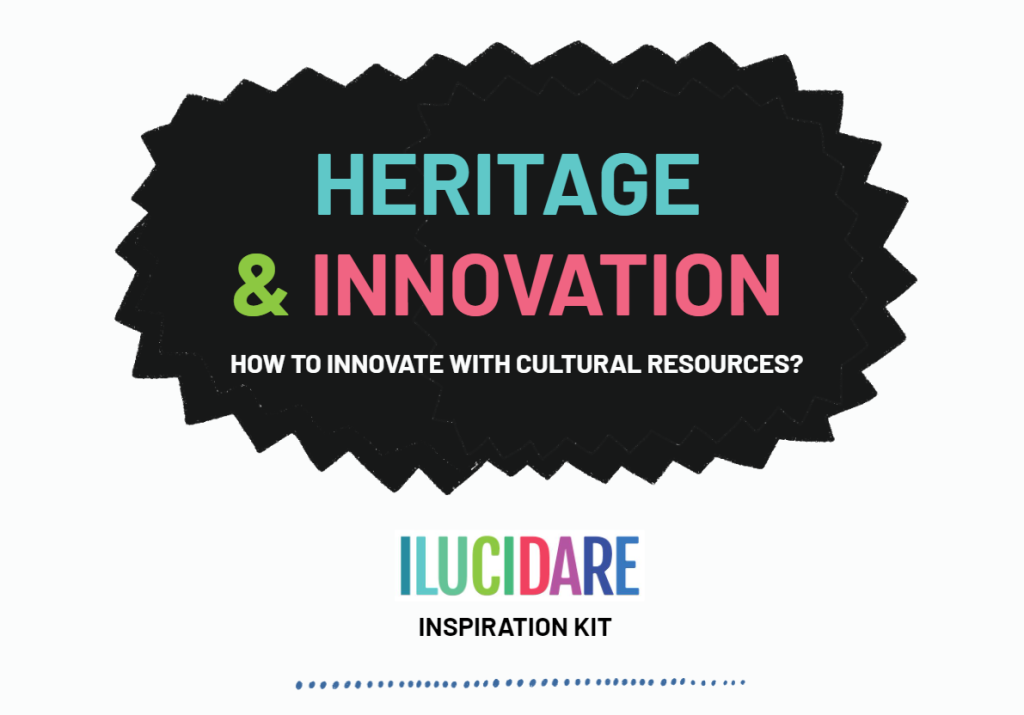It’s 9.00 am in the classroom and pupils gather around a strange black box. The teacher opens the box and starts pulling out objects: a pamphlet with tips to grow a home garden; a metallic light with a handle; a book of ration coupons to get clothes. Children delicately manipulate the different objects while the teacher introduces today’s lesson: living in Leeds during the Second World War.
The box containing all these historic and precious items was picked up by the schoolteacher at the Leeds Discovery Centre, an open-access store and conservation centre for Leeds’s Museums and Galleries. Together with the objects, the box contains documents explaining the history of each object and its significance in Leeds’s history, ideas for teaching around the topic, and guidelines on how to use the different objects and care for them.
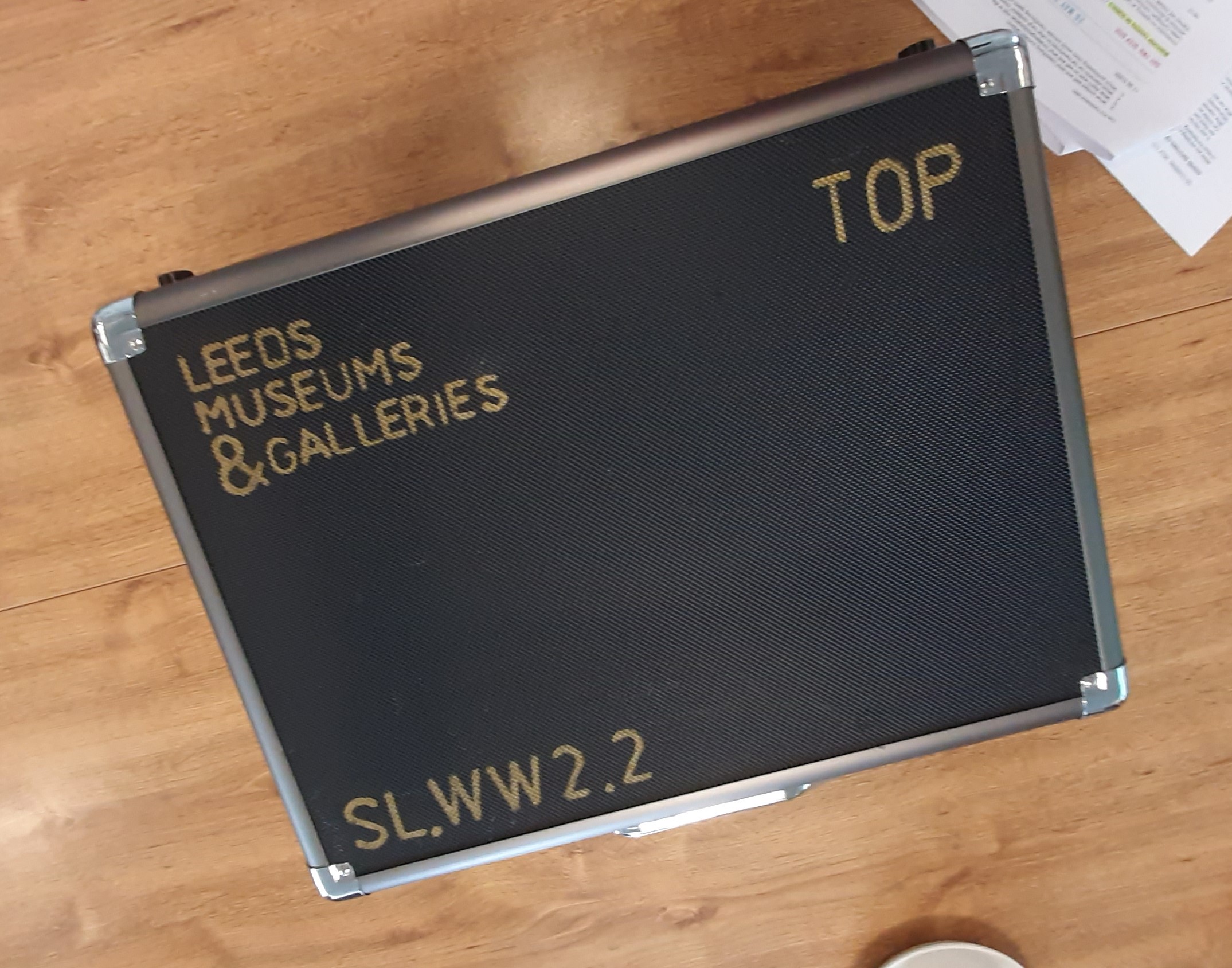
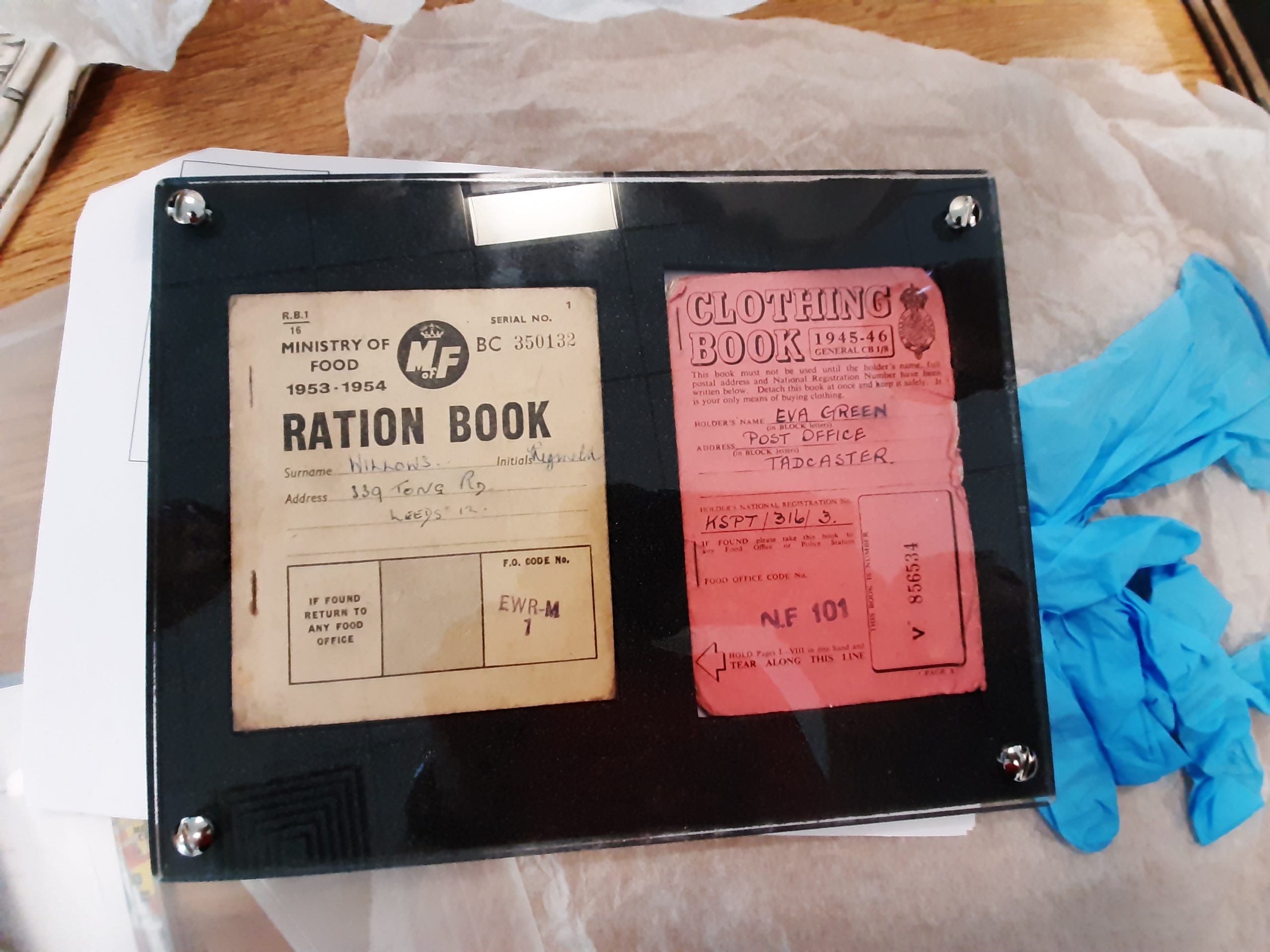
If children can benefit from the loan box and discover its wonders, it’s because their school is part of the Leeds Museums and Galleries Primary School Membership Scheme and Curriculum Planning. Schools can choose between three access levels to the membership scheme, depending on their needs and interests. Joining the programme allows them to receive loan boxes throughout the year, but also benefit from training and workshops delivered by the Leeds Museums and Galleries Learning and Access team. Out of the 295 schools in Leeds, 75% of schools part of the scheme are located in deprived areas of the city.
Simple to craft in appearance, the loan boxes and the partnership scheme enable Leeds Museums and Galleries to deeply engage with their local schools: they build close relationships with schools and co-develop their curriculums with them, only using accessioned museum objects in the boxes, underpinned by the Leeds Curriculum on MyLearning.org which contains more than 2,000 digital resources on various topics linked to Leeds’s history, for free access. It is also an income-generating scheme for the museums. On the other side, teachers benefit from continuous professional development (CPD) hours, understand their subjects better and can use precious resources from the museums’ conservation store and bring them to class. Children learn in an engaging and interactive way, gain softer skills, and feel valued and trusted to manipulate precious objects.
During the pandemic, staff at LMG continued to diffuse learning and organised a series of online lessons and workshops for children and live broadcast CPD for teachers. The fact that many digital resources were already available on MyLearning.org facilitated the task.
“Emily’s zoom sessions were really good and the pupils really enjoyed them. It was good CPD too as I could see other ways to use the objects.” Leeds’s primary school teacher.
The Leeds Museums and Galleries Primary School Membership Scheme and Curriculum Planning were one of the initiatives presented during a Cultural Heritage in Action peer learning visit in Leeds. It is a symptomatic example of museums’ soft power at work when training the next generation.
Working with schools, engagement and co-curation were three strong aspects discussed during the visit. To hear more about the ideas exchanged during the visit and get some insights into other initiatives from Leeds, join us on 23 June at 14.30CET for an online deep-diving session focusing on the lessons from Leeds.
